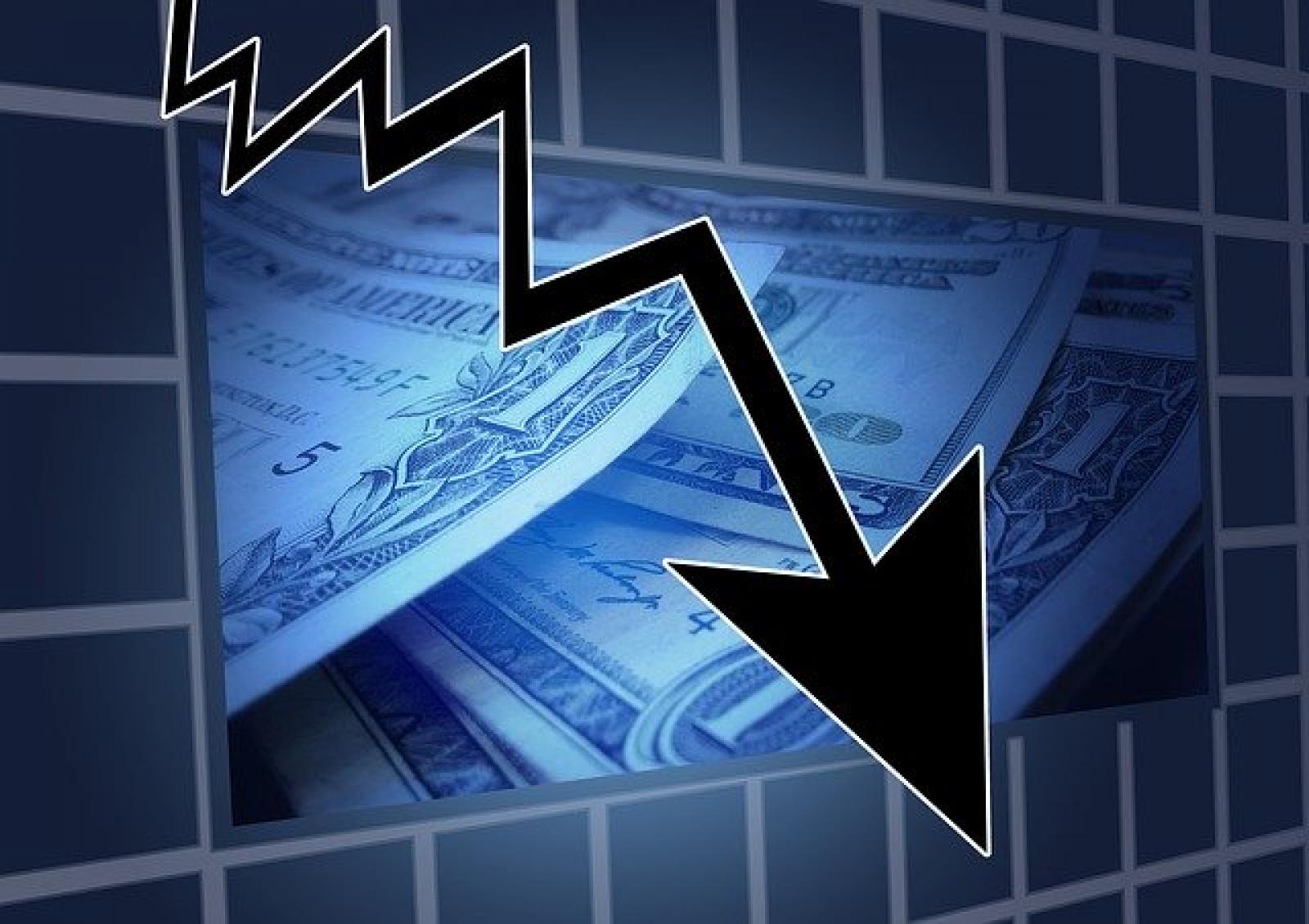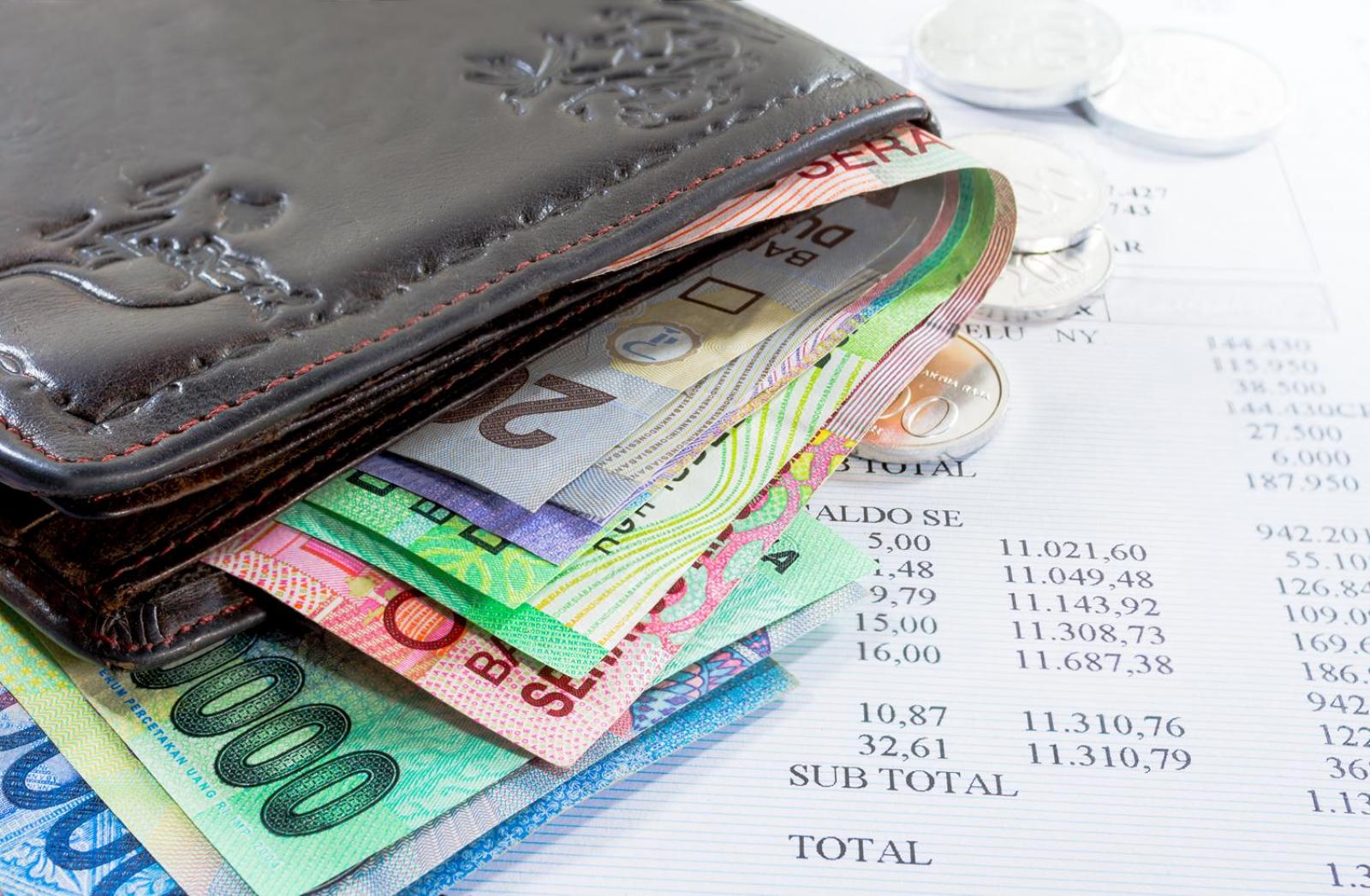
Malaysias economic growth accelerated more than initially estimated in the second quarter on household consumption and investment.
Gross domestic product registered an annual growth of 5.9 percent in the second quarter after rising 4.2 percent in the previous quarter, revised estimate from the Department of Statistics showed on Friday.
This was the strongest growth since the fourth quarter of 2022, when GDP expanded by 7.4 percent. The second quarter growth was revised up from 5.8 percent.
On the demand side, the economy was mainly fueled by private final consumption expenditure and gross fixed capital formation.
Growth in private final consumption expenditure improved to 6.0 percent from 4.7 percent in the first quarter. At the same time, government expenditure registered a much slower growth of 3.6 percent driven by spending on supplies and services.
Gross fixed capital formation expanded 11.5 percent in this quarter as compared to 9.6 percent in the preceding quarter.
Exports advanced 8.4 percent due to the performance of exports of goods. Imports increased 8.7 percent, influenced by the performance of imports of goods.
On a quarterly basis, the economy expanded 2.9 percent, which was revised up sharply from 0.7 percent.
In the first half of the year, the economy grew at 5.1 percent as compared to 4.1 percent in the same period of 2023.
The central bank forecast the economy to expand in the range of 4-5 percent this year. However, the bank cautioned that the growth outlook remains subject to both external and domestic risk factors.
Capital Economics economist Shivaan Tandon said with inflation set to jump, commodity prices likely to fall and the boost from tourism set to fade, a slowdown in economic growth is likely.
The central bank is likely to opt to leave interest rates unchanged for the foreseeable future, the economist added.





